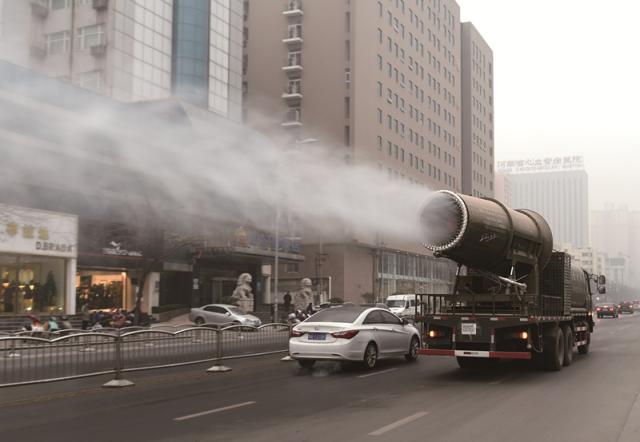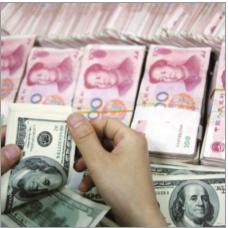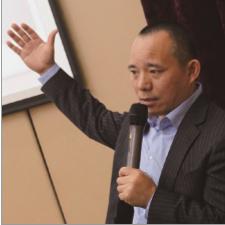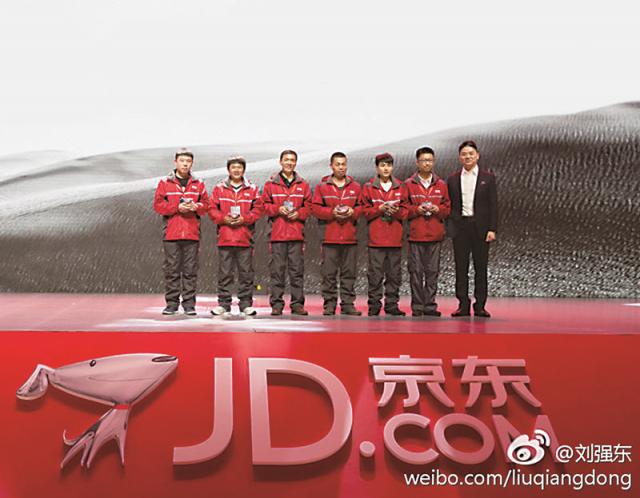“China will be one of the countries able to tackle smog the fastest, as it can draw on experience and lessons from Western countries and employ state-of-the-art technologies.”
Tao Guangyuan, executive director of the sino-German Renewable Energy Cooperation Center, claiming in a column on Caixin - a popular financial website - that China won’t need several decades to tackle smog as others did.
“The yuan exchange rate won’t drop into free-fall, but will continue its gradual, moderate trend of depreciation, and is unlikely to have a big impact on global risk.”
Columnist Hu Yifan contends that the yuan exchange rate will depreciate moderately and without seriously affecting risk assets.
“A GDP growth target is planned economy thinking at work. What matters is that the correct things are done, and the GDP growth rate is just the result.”
Xiang Songzuo, deputy director of the International Monetary Institute of Renmin University of China, believes that the current practice of setting a target first and trying to get there by whatever means makes little sense.
“90 percent of people employed in the e-commerce industry have pitifully few or none at all of the ‘Five Insurances, including old-age insurance, and One Housing Fund.’ They are young and can find work, but who will support them when they get old?”
Liu Qiangdong, founder of China’s second largest e-commerce platform, JD.com, writing on his sina Weibo microblogging account, calling for an end to the superficial prosperity that comes at the price of worker welfare.
“The Double First-Class Program [first-class disciplines and firstclass universities] should lay greater emphasis on training top-tier talent - graduates who truly contribute to society, not ones seeking power or money.”
Professor Shao Guosong, vice president of the school of Media and Design, shanghai Jiaotong University, arguing that Chinese universities should pay due attention to cultivating talent - a university’s true mission.
“With the ‘one association for one industry’ regime in place for a long time now, the majority of industry associations monopolize industry resources, which are in turn needed by member companies.”
Yu Jianxing, president of the school of Public Administration, Zhejiang University, on the difficulties of rooting out illegal membership dues charged by industry associations.
“We must do away with the traditional industrial policies of direct intervention and limiting competition, and turn industrial policies into a means that promotes competition and improves market function.”
Economist Wu Jinglian argues that the reform will be a historic one in both the theory and practice of China’s industrial policy.
“China’s decades-long, stringent family planning policy has produced a continuous downward pressure on its economic growth that will last for decades to come.”
Researcher at the Central Party school of the Chinese Communist Party, zhou Tianyong, explains that as the population ages, the future shortage of old-age pensions will worsen, threatening debt and financial stability.

 Old Version
Old Version



